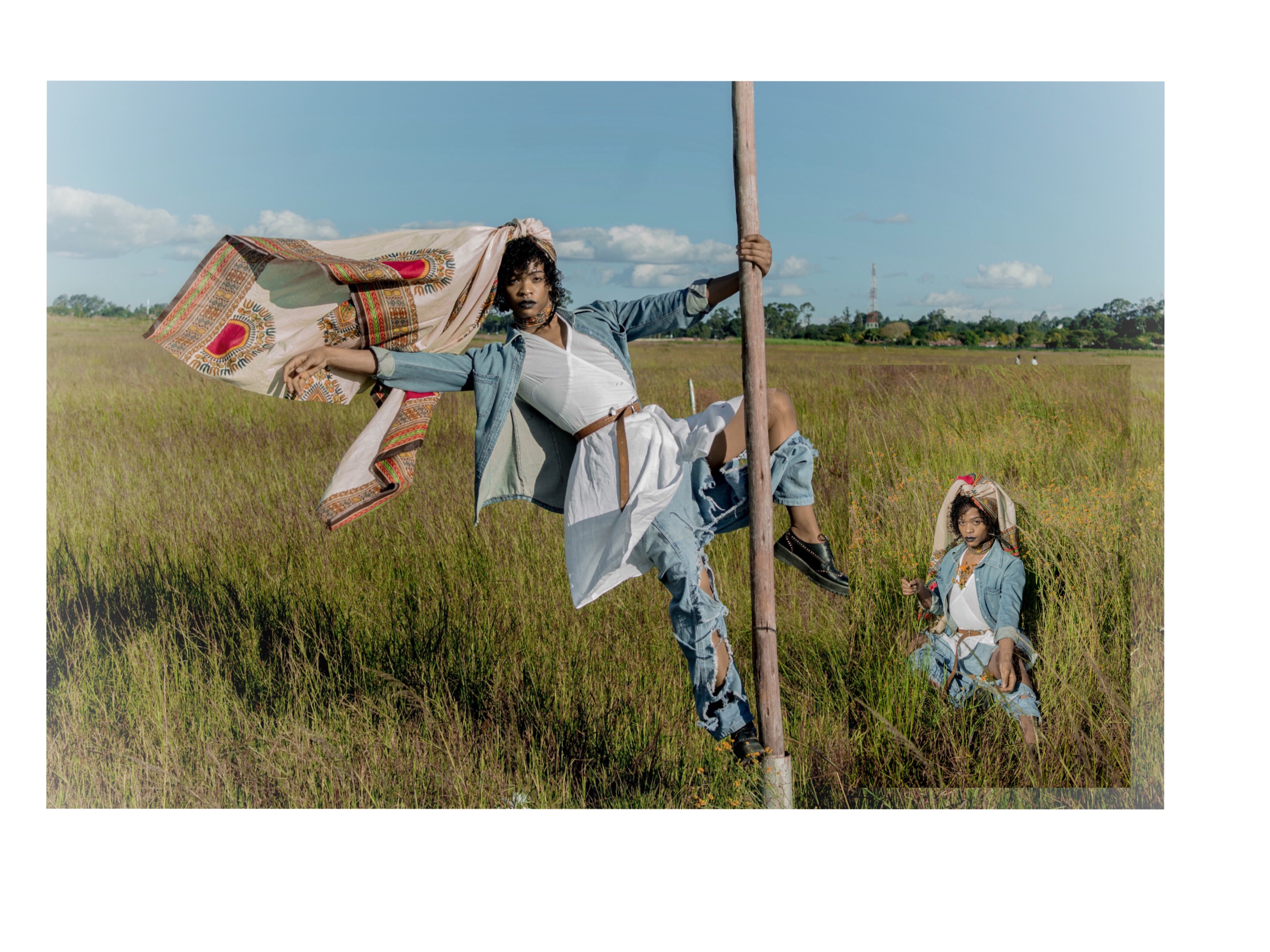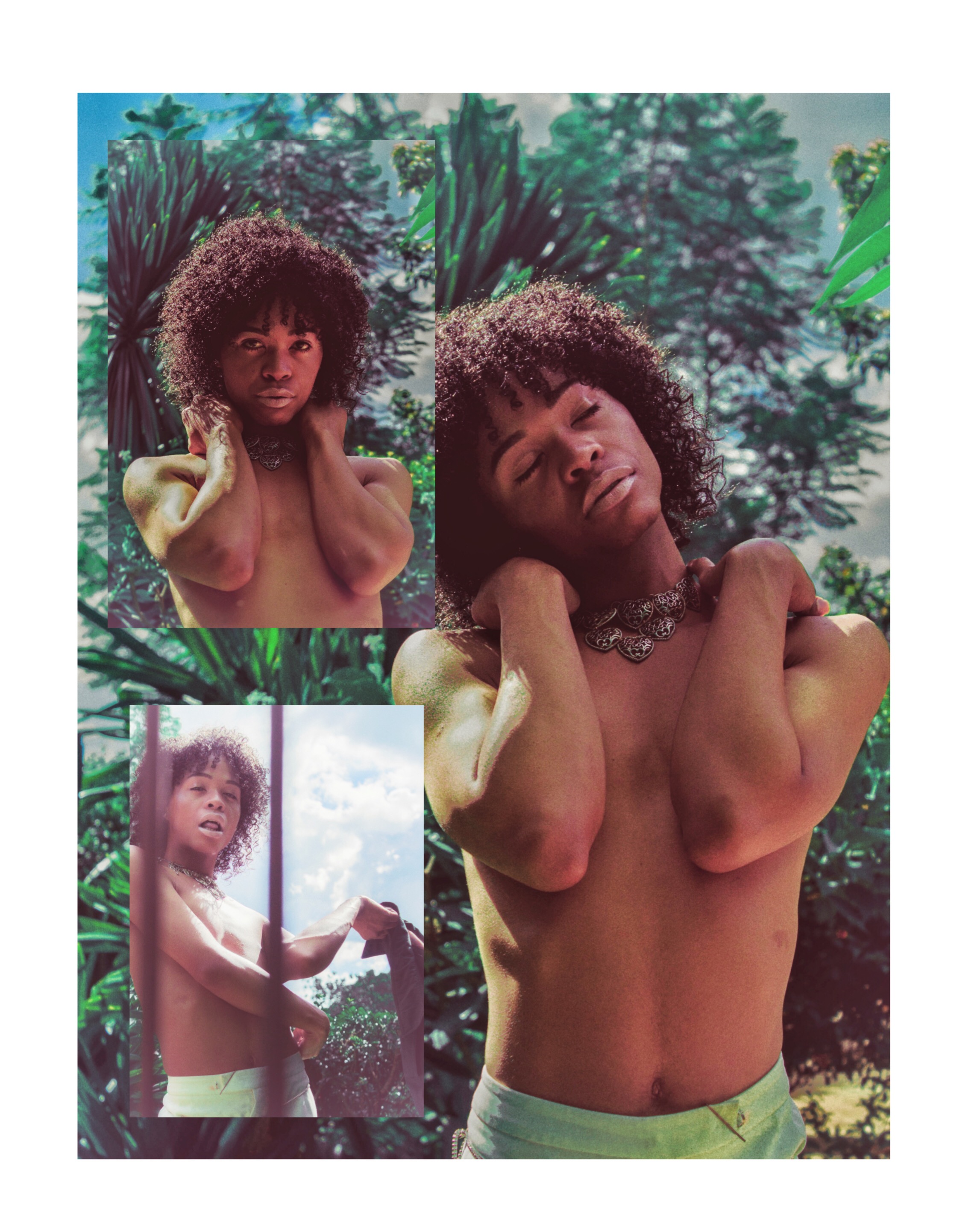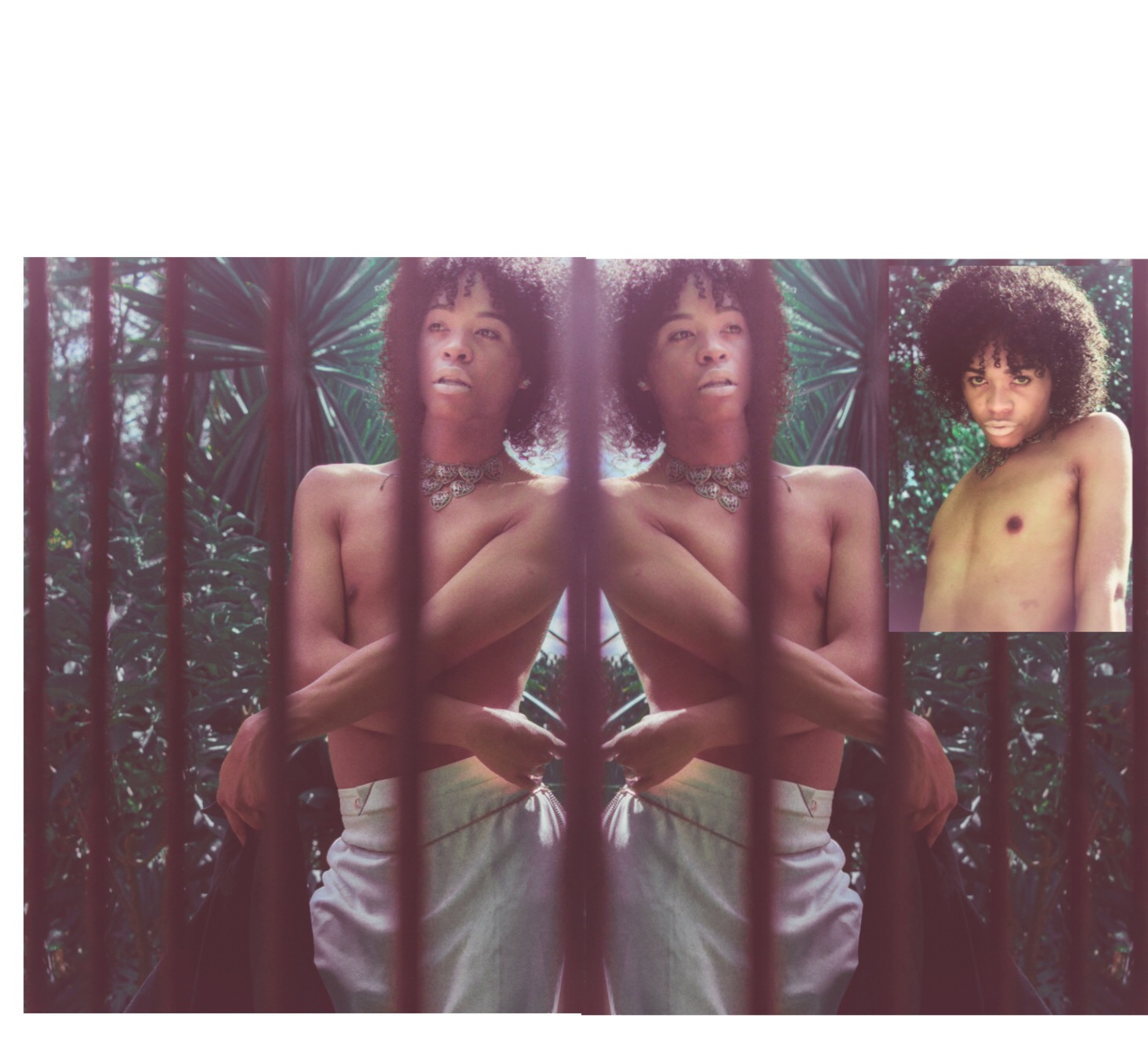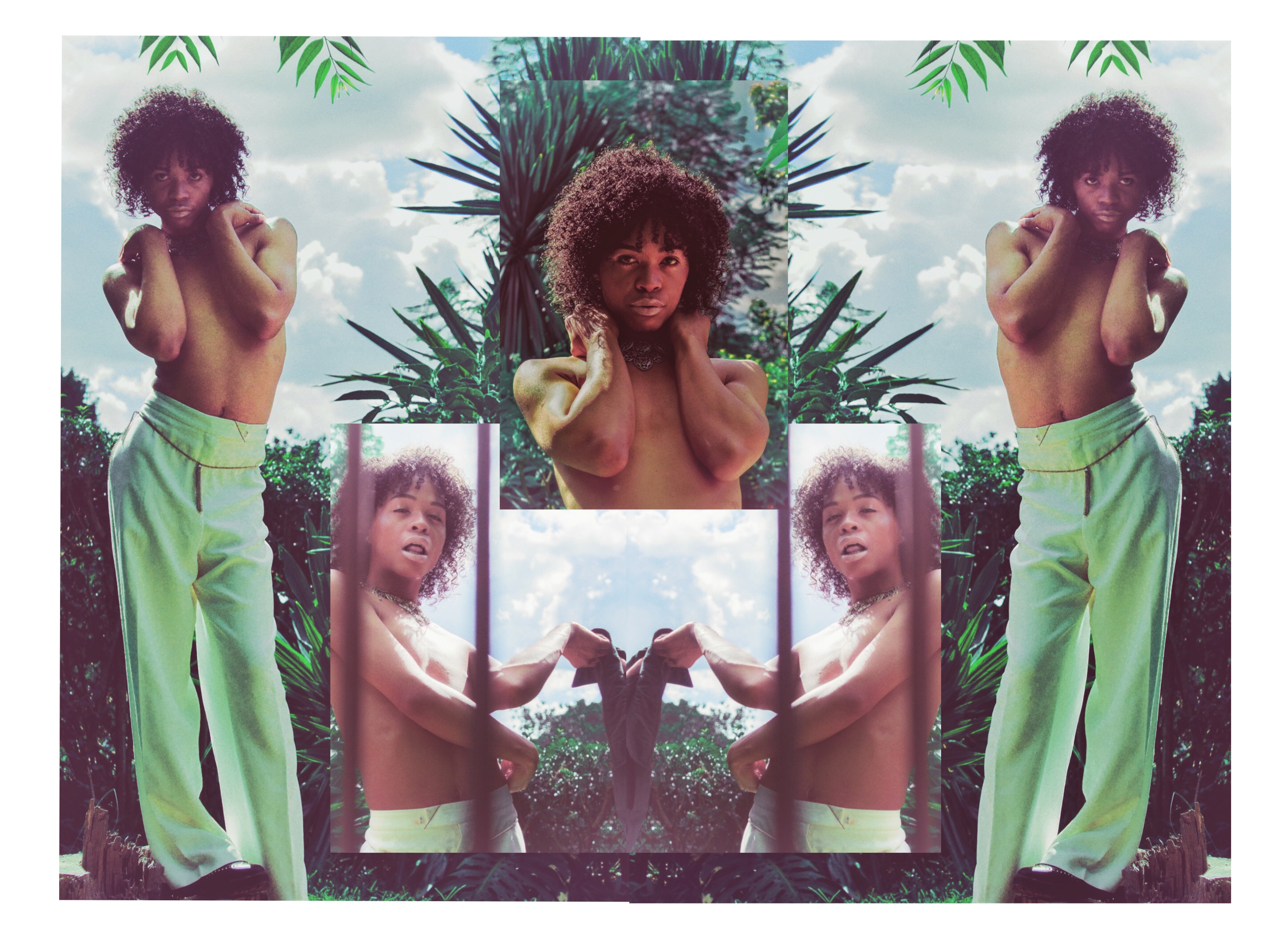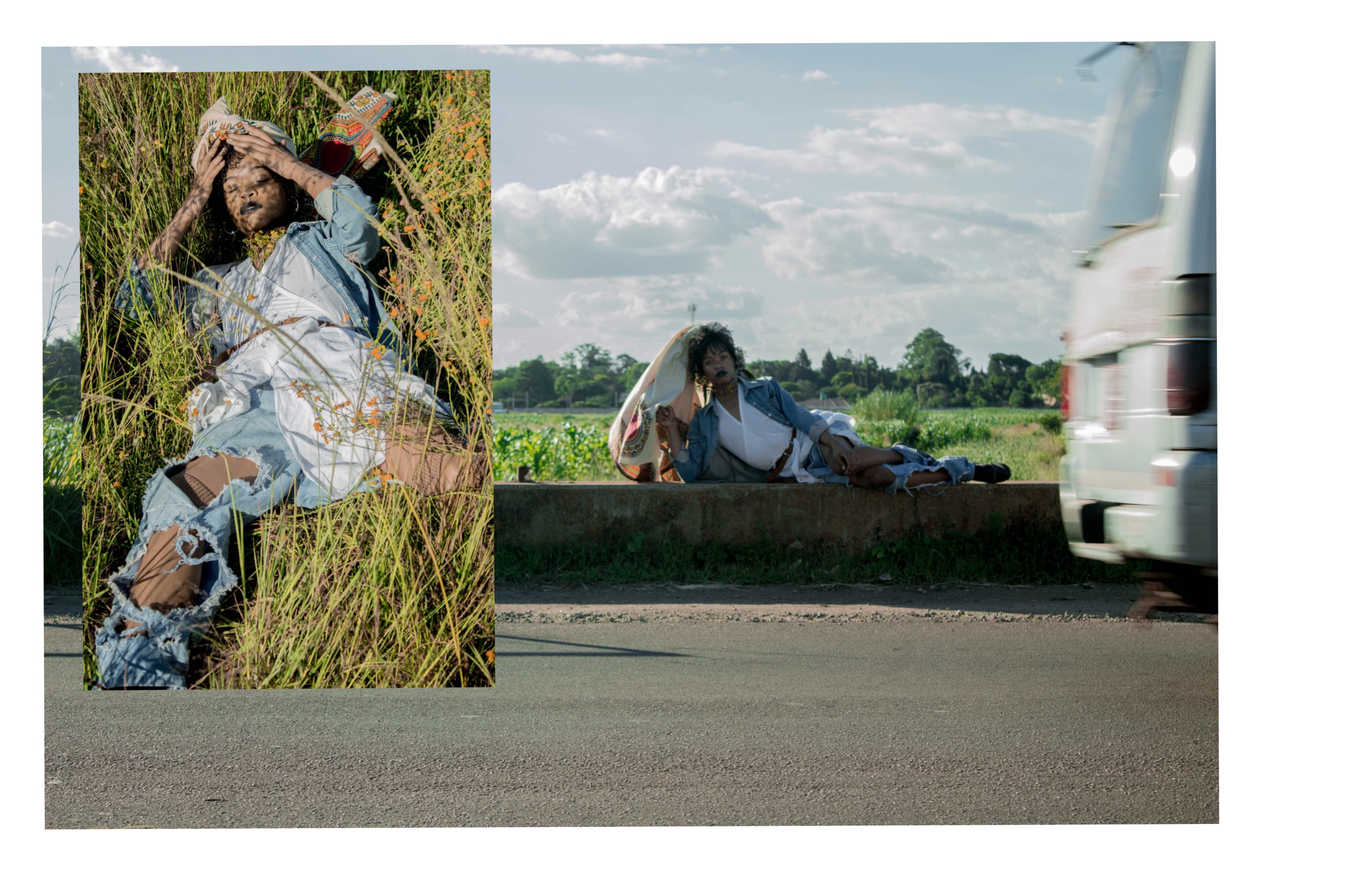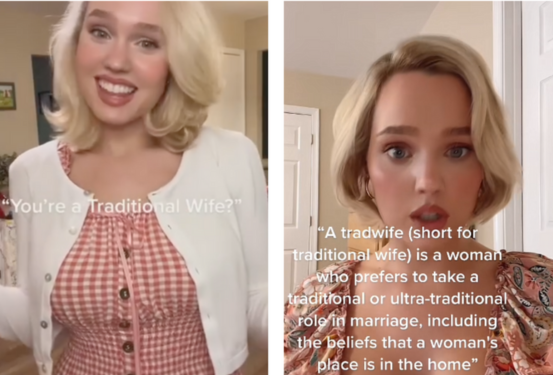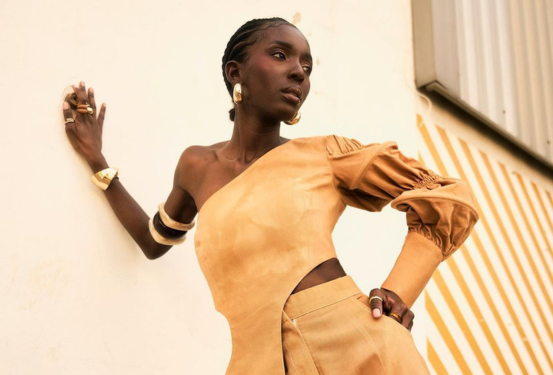We interviewed members of TRYBE COLLECTIVE about their new series Like Flowers Grow:
Please share more about how you came together as a collective?
TRYBE COLLECTIVE came together as a collective in early 2017. We started as 4 friends, all living in a house share in the infamous suburb of Observatory, Cape Town, with different artistic abilities. All of us artists with something to say, we soon realized the potential of the collective and thus began the process of transitioning from the individual to the collective. Originally it was just us for 4, Jesse Goosen on styling, Babalwa Tom focused on performance and dance, Ashley Smith working photography and Thuthukile Hlatshwayo on I.T. programming. “Grooves and Groves” was our first child, an event we hosted at ERF81 farm to raise awareness to the farm and its history. As we grew we continued to support each other’s artistic projects plus those of friends around us and soon grew into a larger collective movement.
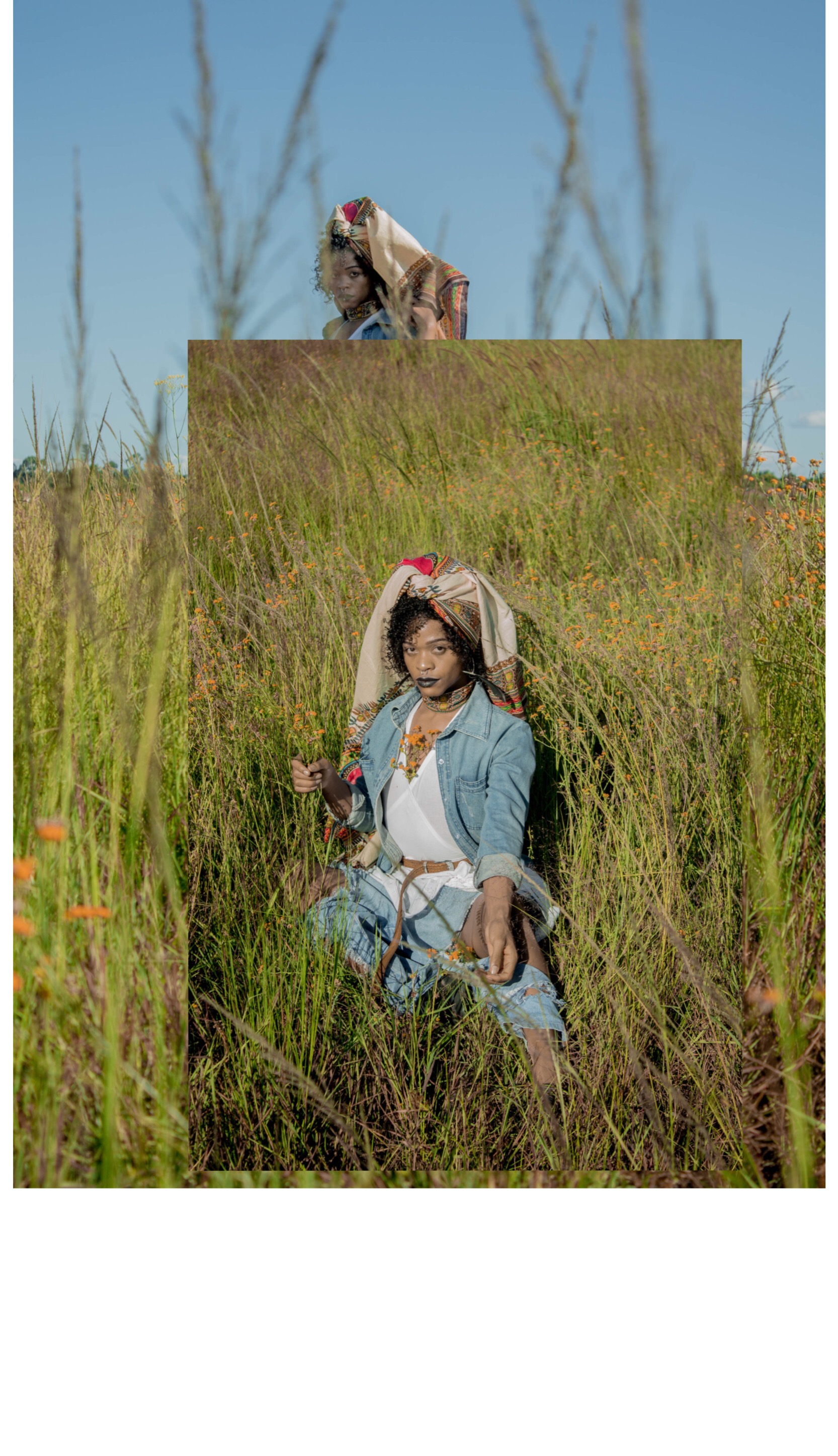
What is the thinking behind this series, in terms of mood, styling and photography?
The styling, mood and photography of this series was inspired by the name of the series, “Like Flowers Grow”. I also aimed at capturing the queer body as a mythological spirit of nature. This alchemy of “flowers” which occur naturally [and in a mythological way] with its disputed legitimacy, best represented the queer body and the arguments that have been disputed, and continue to be disputed, over such bodies. The whole mood was therefore centered around the galvanizing or play on fact and fantasy (Comfo Mo Czalo – photographer).
Please share more about the importance of your collective, in relation to the lives of queer people in Zimbabwe?
As a TRYBE, our aim has always been to raise awareness and support to each other’s artistic endeavors. When Comfo, who is one of our Zimbabwean members, approached us with this idea to start documenting queer bodies in Zimbabwe, we immediately joined them in excitement, seeing this was a topic close to home. We share a vision that such stories will serve as inspiration and strength for the queer body navigating through Zimbabwe on a day to day basis.
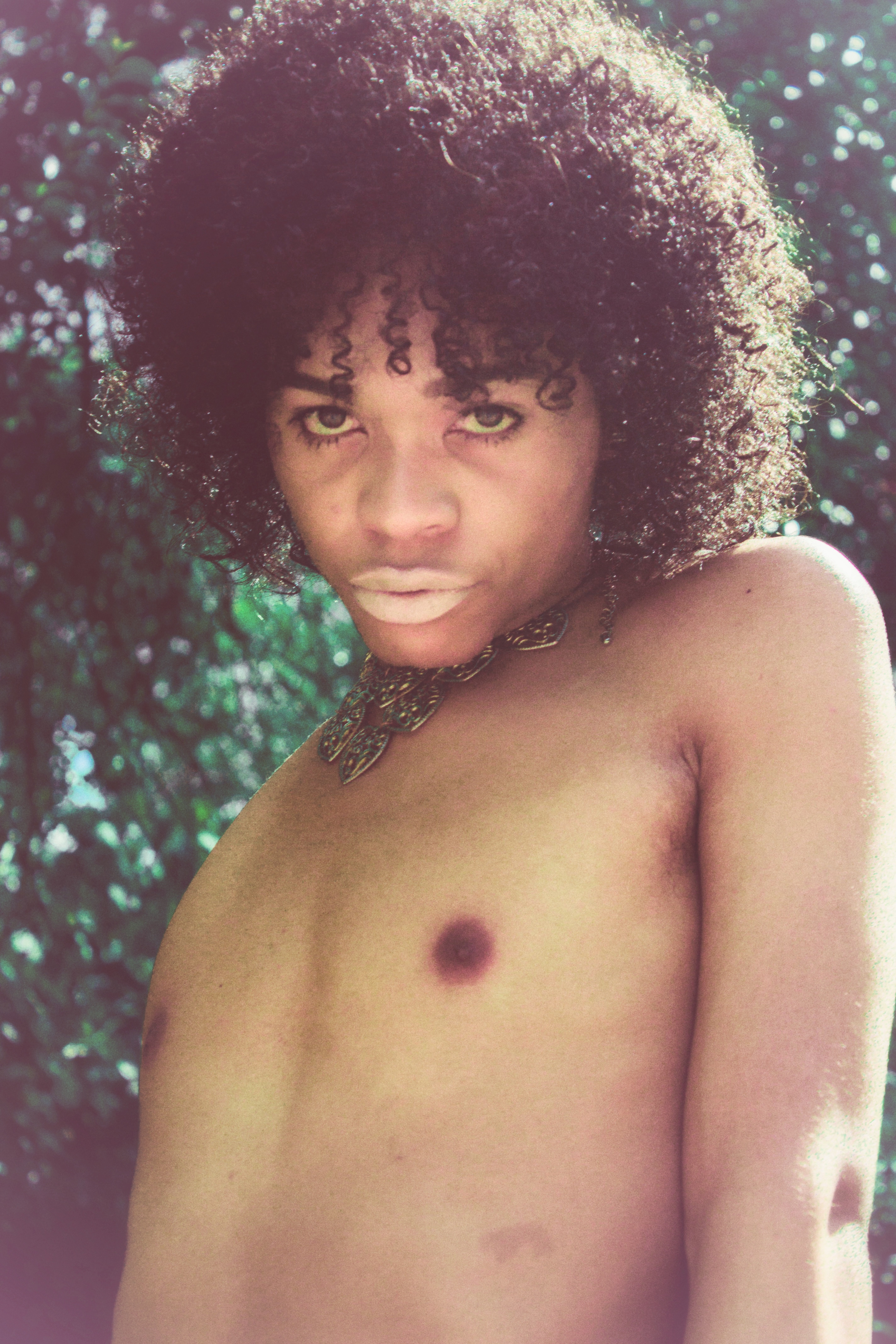
Why do you think art, fashion and photography will help you articulate your collective aims?
We believe, Art, Fashion, and Photography have an unstoppable potential to stimulate, trigger, inspire, enliven and influence a generation. These also provide a safer space for dialogue.
What are you hoping will be the impact of your work?
We can only hope that our work will serve to, trigger and influence a new conversation on the dignity and legitimacy of the queer body in Zimbabwe. At the very least it must serve as awareness to the existence of such people in the community.
Please share more about the name for this series?
“The name was very personal to me, I like to view society a living organism, a tree, and I see queer people as the flower parts of that tree, that is, the best part. Additionally, the name came as a play on what is deemed natural and unnatural, as this is still the level of conversation we are at as a society, in the Zimbabwean context.” – Comfo Mo Czalo.
